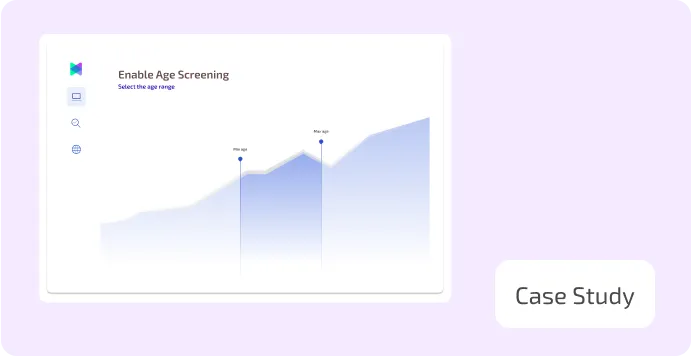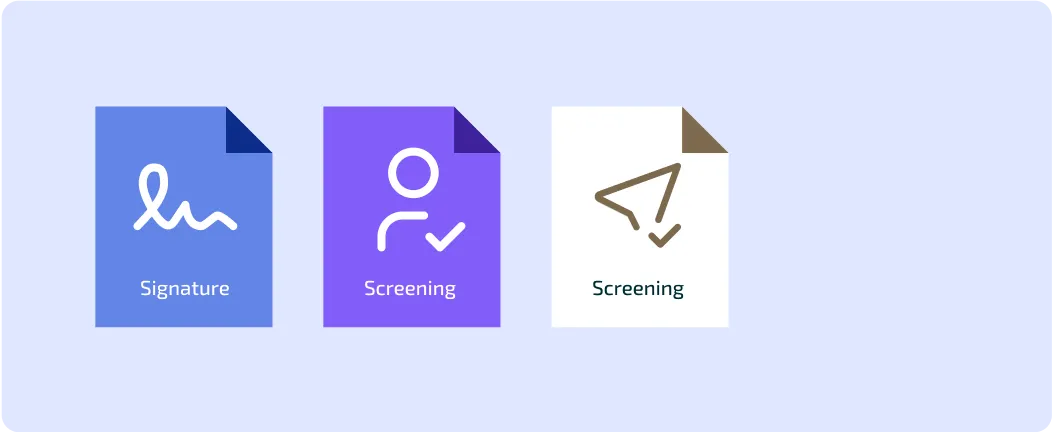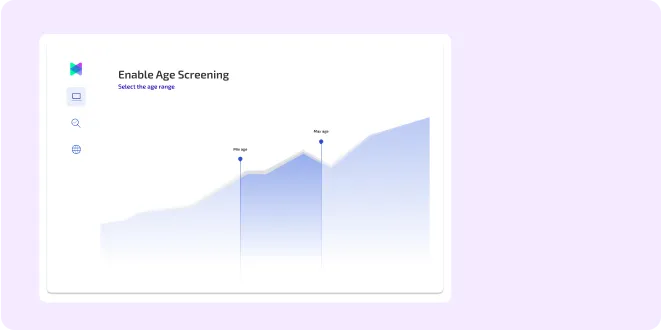.webp)
Published on
June 24, 2025
The Role of Hawala in Informal Cross-Border Money Transfers

Accelerate AML Compliance: Meet Regulatory Demands with 80% Less Setup Time
.svg)
.svg)
Hawala is an informal way to send money that does not use banks or traditional financial systems. Instead, it works through a network of people called hawaladars who trust each other to move money.
How It Works:
- A person in one country gives money to a hawaladar.
- That hawaladar contacts another hawaladar in the country where the money should go.
- The second hawaladar gives the money to the final recipient.
- The hawaladars later settle the amount between themselves using different methods (e.g. trade, cash, or other ways), not through the formal banking system.
There is no actual money transferred across borders, only the value changes hands locally on each side.
Why It’s Used:
- To send remittances to families in countries with weak banking systems.
- To transfer money quickly and cheaply.
- To send money to areas without banks (like war zones or rural areas).
Why It’s a Risk in AML:
Because hawala is based on personal trust and usually does not use official documents or bank records, it can be used for:
- Money laundering (hiding illegal money).
- Terrorist financing.
- Evading financial sanctions.
This makes it hard for authorities to track illegal money.
Real-Life Example: The Altaf Khanani Money Laundering Network
Who was involved:
- Altaf Khanani ran a global hawala-based money laundering network.
- His clients included drug traffickers and criminal gangs.
How it worked:
- Khanani’s network moved billions of dollars through hawala.
- He had connections in Pakistan, the UAE, the U.S., U.K., Canada, and more.
- His group used hawala to move illegal money across borders without using banks.
What happened:
- In 2015, U.S. authorities arrested Khanani.
- He was charged with laundering billions in criminal money.
- This case showed how hawala can be misused for serious financial crime.
Streamline Compliance: Achieve 80% Faster Setup for Fraud Prevention
.svg)
.svg)

How Aseel reduced onboarding time by more than 87% using FOCAL
Learn how FOCAL empowered Aseel to achieve new milestones.


Mastering Fraud Prevention: A Comprehensive Guide for KSA and MENA Businesses
51% of organizations fell victim to fraud in the last two years, don't be caught off guard, act proactively.


Featured blog posts


The Role of Hawala in Informal Cross-Border Money Transfers
Explore Hawala’s role as an informal transfer method, its AML risks, and how authorities combat misuse in global money laundering schemes.
.webp)

The Role of Hawala in Informal Cross-Border Money Transfers
Explore Hawala’s role as an informal transfer method, its AML risks, and how authorities combat misuse in global money laundering schemes.
.webp)

The Role of Hawala in Informal Cross-Border Money Transfers
Explore Hawala’s role as an informal transfer method, its AML risks, and how authorities combat misuse in global money laundering schemes.
.webp)





AI-Driven Precision in Fraud Risk and AML Compliance



.svg)
.png)





.svg)

_FastestImplementation_Small-Business_GoLiveTime.png)

_HighPerformer_Small-Business_HighPerformer.png)
_Leader_Leader.png)



%20(1).webp)